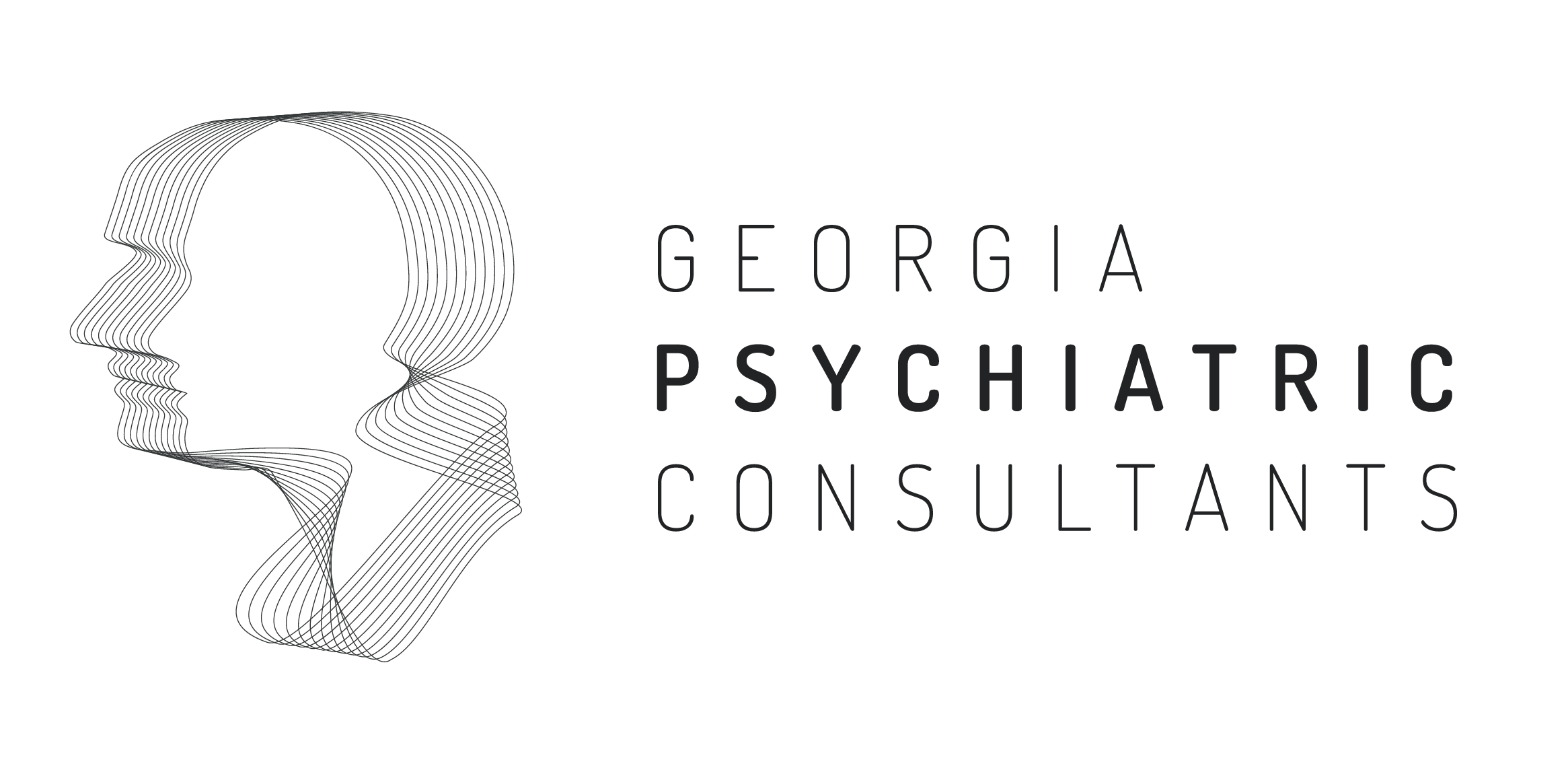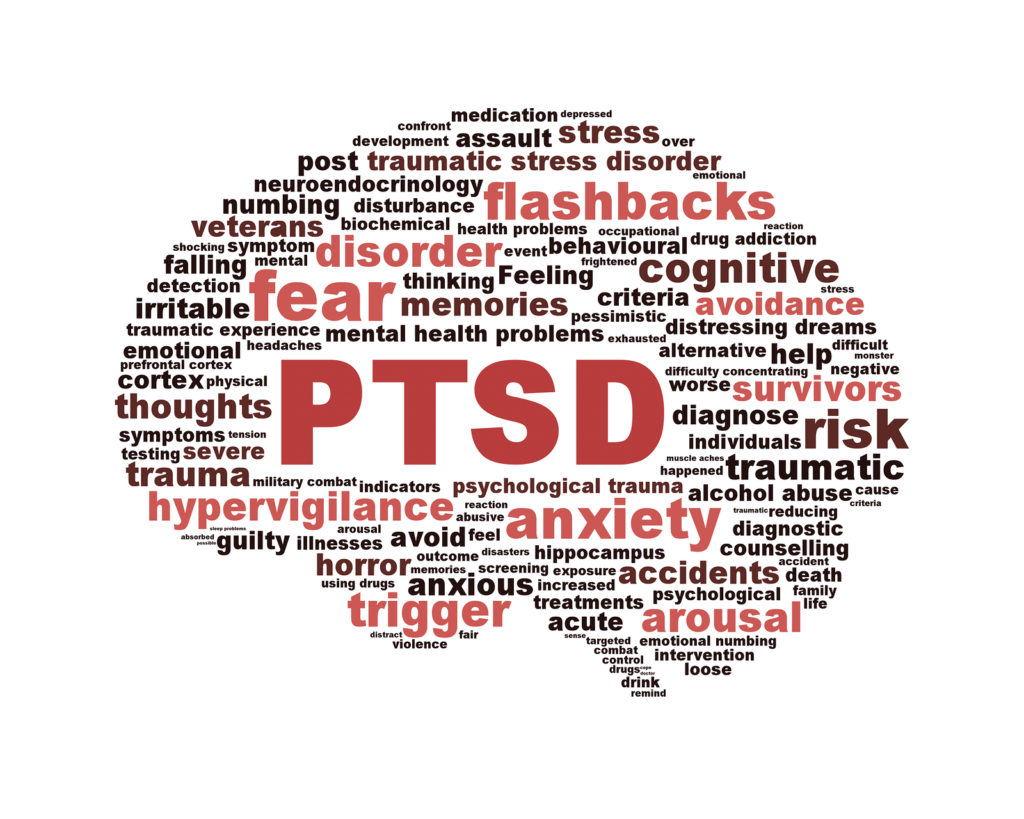
If your child has been diagnosed with ADHD, you may find yourself wondering what the best course of treatment is for them. Just as ADHD is not a “one size fits all” diagnosis, there are a variety of treatment options available. By taking advantage of the multiple resources available to you and by working closely with your child’s healthcare providers, therapists, teachers, coaches, and other family members, your can find the treatment that works best for managing your child’s ADHD.
Medications
Current medications do not cure ADHD; they control the symptoms of ADHD, such as behavior problems, for as long as they are taken. Medications affect each child differently and your healthcare provider may try several different medications and doses to find what works best for your child. ADHD medications can also have adverse effects, including insomnia, decreased appetite, and abdominal pain.
Behavior Therapy
Behavioral therapy is an important part of treatment since children with ADHD often show behaviors that can be very disruptive to others, affecting their relationships with family members and other children. Behavior therapy can help reduce these behaviors by teaching children how to strengthen their positive behaviors and eliminate their negative behaviors. Behavior therapy can include behavior therapy training for parents, behavior therapy with children, or a combination.
Behavior Therapy Training for Parents
In therapist led sessions, parents learn strategies to help their child manage their behavior and between sessions they practice using these learned skills. The therapist will monitor the child and family’s progress and provide support. Parent training in behavior therapy has the most evidence of decreasing children’s negative or problem behaviors and has been shown to strengthen the relationship between the parent and child.
Behavior Therapy with Children
Behavioral therapy aims to help a child change behaviors that don’t work or cause problems, by teaching a child how to respond appropriately to various situations. The therapist may also help the child learn to express their feelings in ways that do not create problems for themselves or other people. Other goals of behavioral therapy may include controlling anger, thinking before acting, and learning social skills, such as sharing, asking for help, how to wait their turn, and how to read facial expressions and the tone of voice in others.
With behavioral therapy, counseling, and support, children with ADHD and their families can better cope with everyday problems. If your child has been diagnosed with ADHD, contact Georgia Psychiatric Consultants today to discuss your treatment options.




